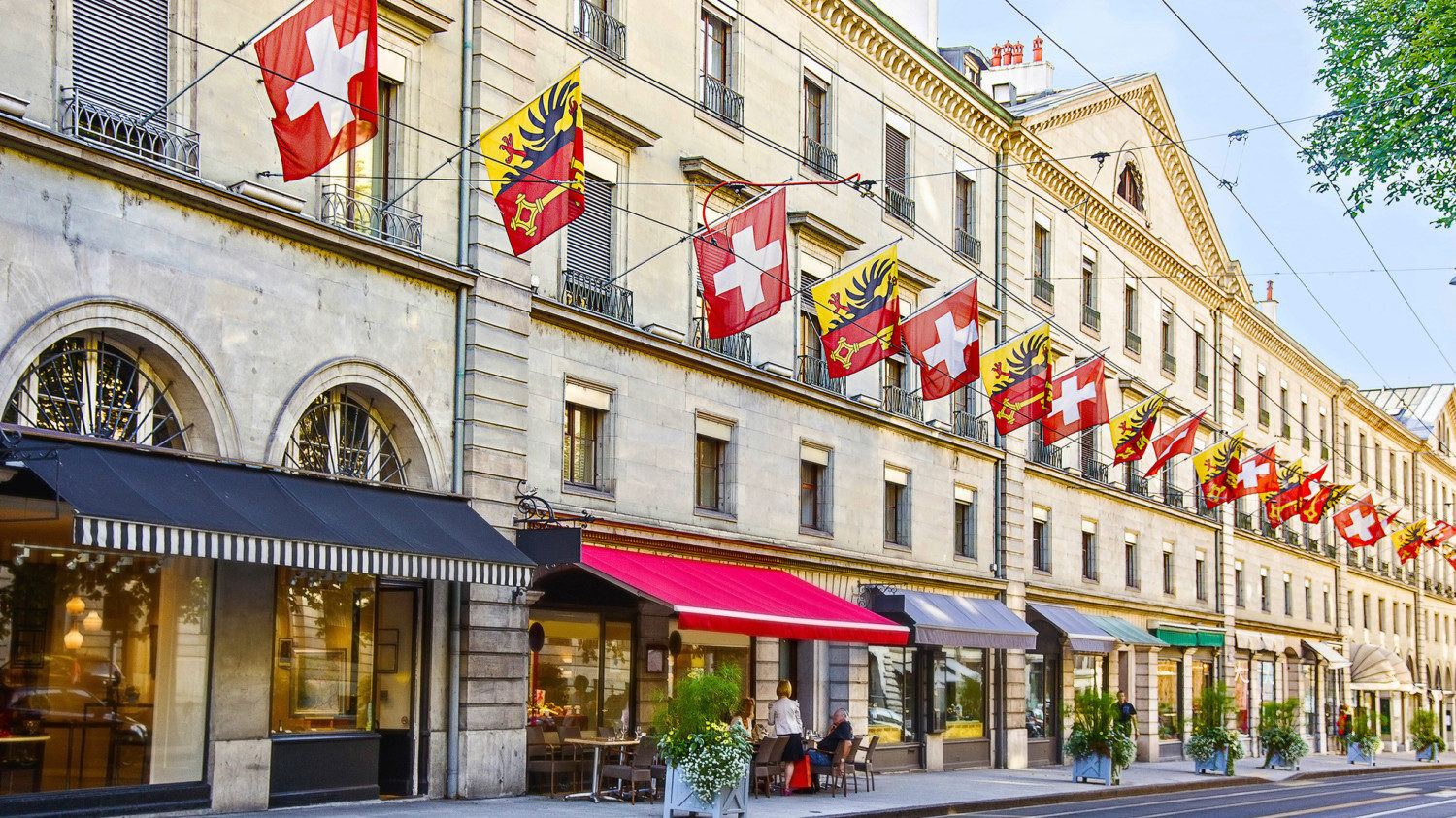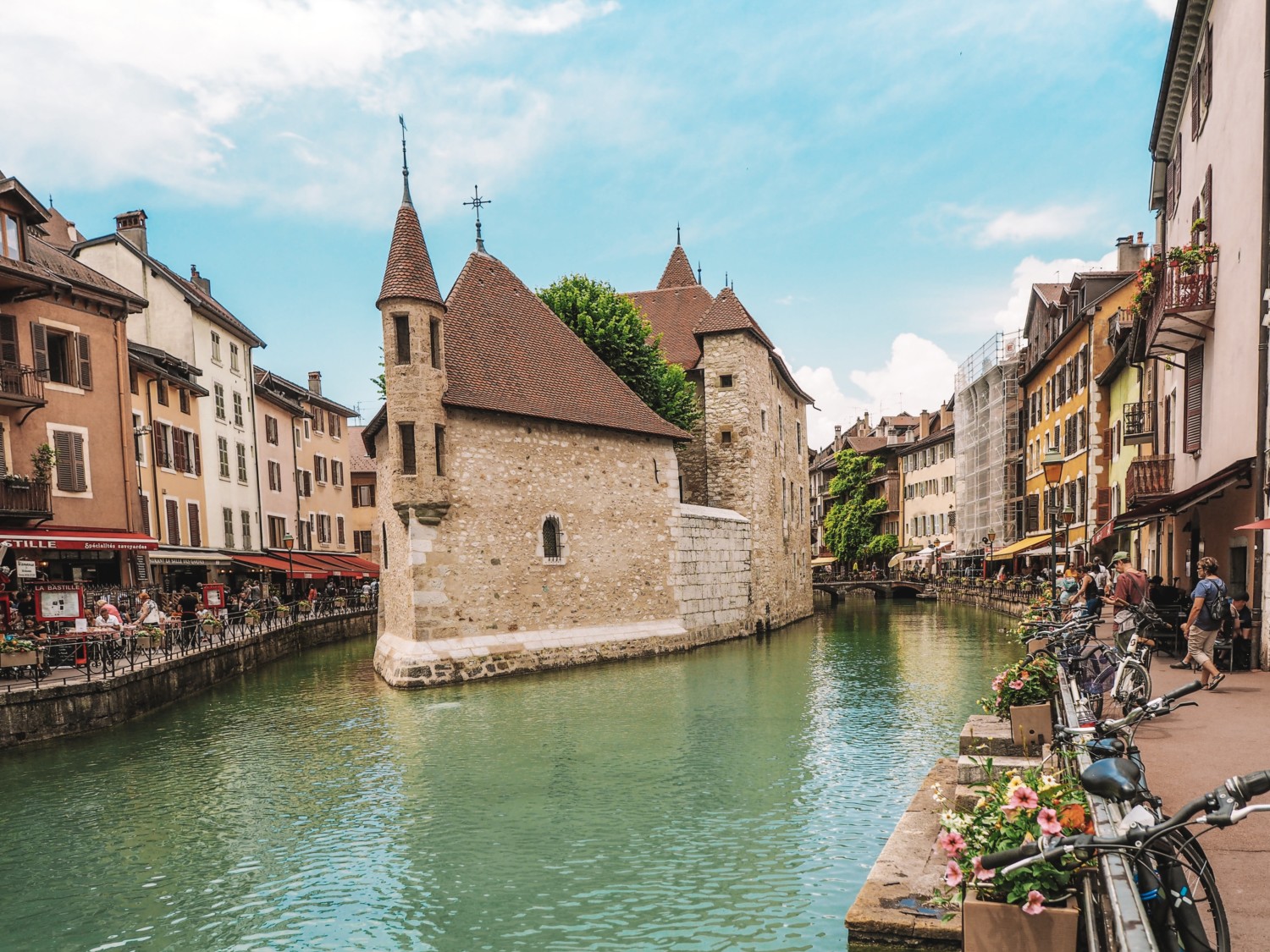Geneva, Switzerland just introduced the world’s highest minimum wage
Although some U.S. cities, counties, and states have chosen to increase local and regional minimum wages, the federal minimum wage has remained static at $7.25 since 2009. While that might sound low on its own, comparing it to the minimum pay rate in other countries can cause it to seem downright insignificant.
Case in point: voters in Geneva, Switzerland recently approved the highest minimum wage in the world at 23 Swiss francs (or about $25) an hour. Geneva is the second-largest city in Switzerland as well as the most international city in Europe (it’s the headquarters for the United Nations, and more than 40% of its population comes from other countries),
The country of Switzerland does not have a minimum wage, and voters declined to establish one in 2014. In fact, Geneva voters turned down the proposition of a set minimum wage twice in the last decade before giving this one a “yes.”
Experts say the COVID-19 pandemic made the wealth gap more evident, prompting 58% of voters to decide in favor of the initiative. Geneva is the third of Switzerland’s 26 cantons to do so.
Mercer’s 26th annual Cost of Living Survey ranks Geneva as No. 9 on the list of the most expensive places to live in 2020, up from number 13 in 2019. Recent research shows that more than 90% of Geneva’s inhabitants live in rented accommodations. The cost of monthly rent for a typical two-bedroom apartment in Geneva costs 3,000 francs (approximately $3280 in U.S. dollars) or higher.
The new minimum wage means workers will earn at least 4,086 francs ($4,470) a month for a full-time workweek, which is 41 hours in Switzerland. Comparatively, the average American needs to earn at least $21.21 per hour to afford a typical two-bedroom apartment.
Australia currently has the highest national minimum wage at 19.84 Australian dollars per hour, which converts to about $14.21 in U.S. dollars. Geneva’s new minimum wage will go into effect on November 1.







